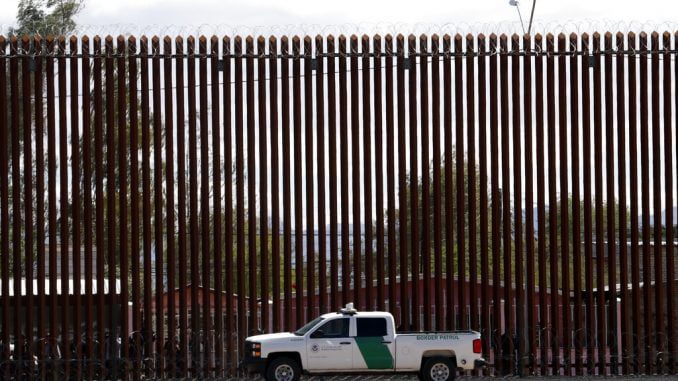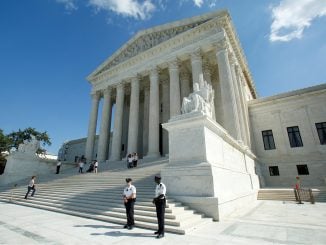
PHOENIX — The U.S. government says it is sending 160 military police and engineers to two official border crossings to deal with asylum seekers in case a federal appeals court strikes down one of the Trump administration’s key policies.
Senior Customs and Border Protections officials said Friday that active duty personnel will be in place by Saturday at ports of entry in El Paso and San Diego.
The deployment is in response to crowds that gathered at an El Paso crossing last Friday after the 9th U.S. Circuit Court of Appeals temporarily struck down the program known as “Remain in Mexico,” which forces asylum seekers to stay in Mexico while their cases wind through court in the U.S. Officials shut down that border crossing for several hours that evening before the court reversed itself.
On Wednesday, the court again made a decision on the case, this time blocking the program in Arizona and California, the two border states under its authority. About 60,000 asylum-seekers have have been returned to Mexico while awaiting their immigration hearings in the U.S.
Critics call the program inhumane and dangerous, forcing vulnerable people to wait in high-crime Mexican border cities where they are often subjected to violence, extortion and kidnapping.
But “Remain in Mexico,” which the government calls the Migrant Protection Protocols, has been the most successful tool in the administration’s battle to stem the large number of asylum seekers looking for refuge in the U.S.
The Trump administration is asking the U.S. Supreme Court to intervene and wants the policy to stay in effect until next week to give the high court time to decide.
The Supreme Court has consistently ruled in the administration’s favor on its immigration and border enforcement policies.



